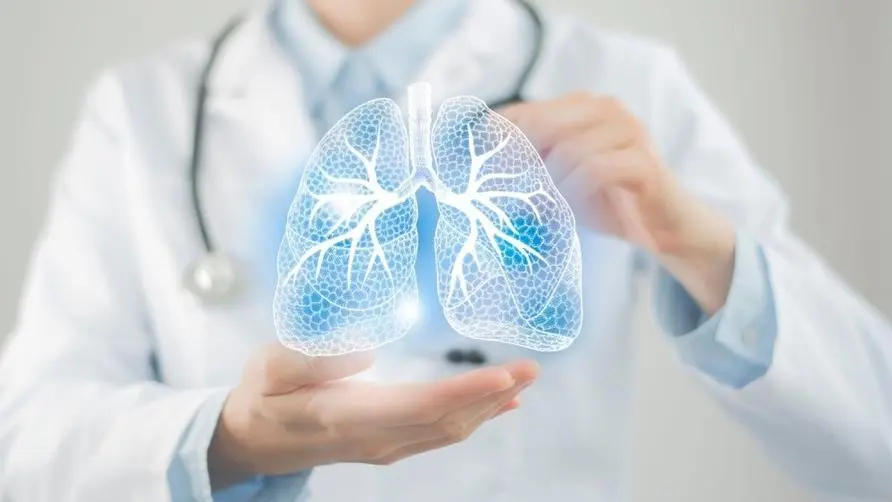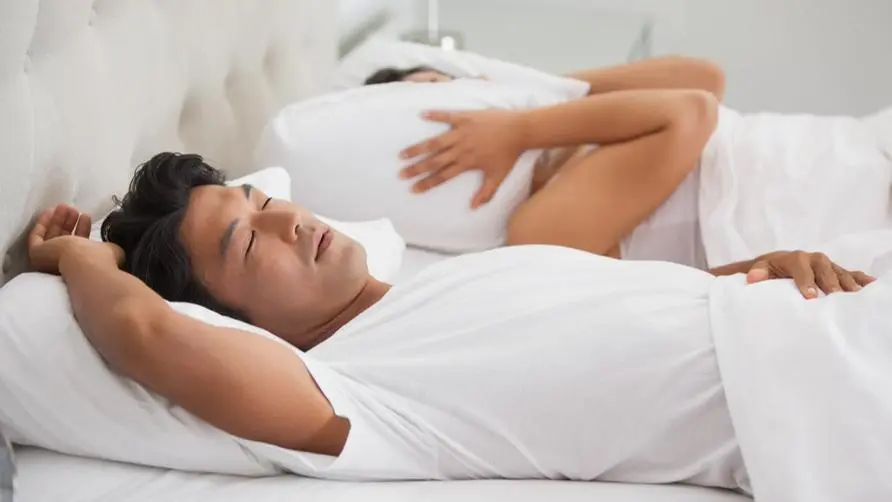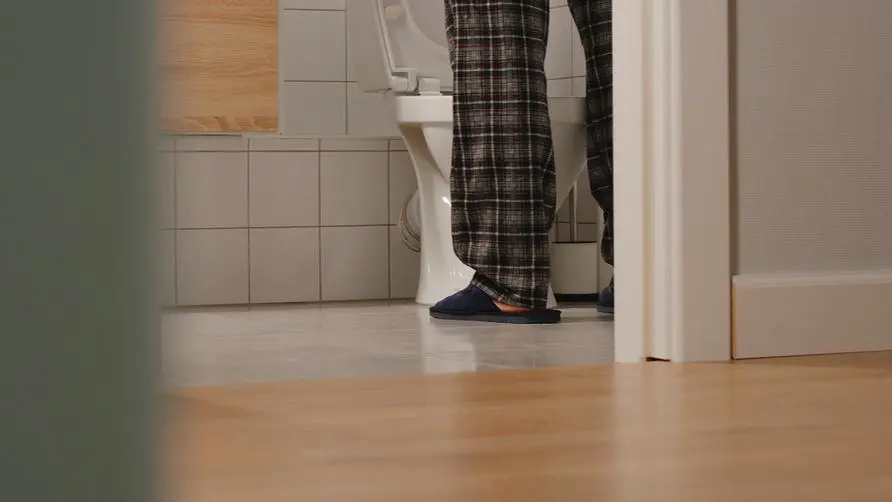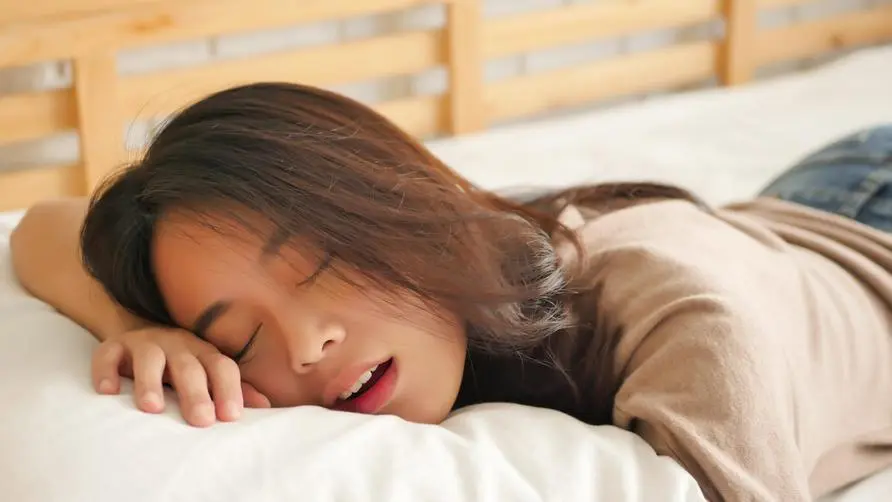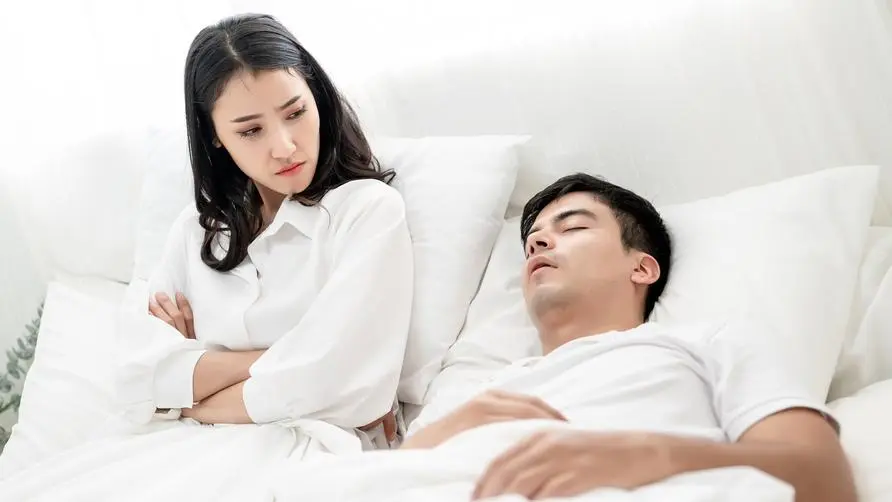Nocturia is no longer an unsolvable mystery: 72-year-old man ends nocturia problem
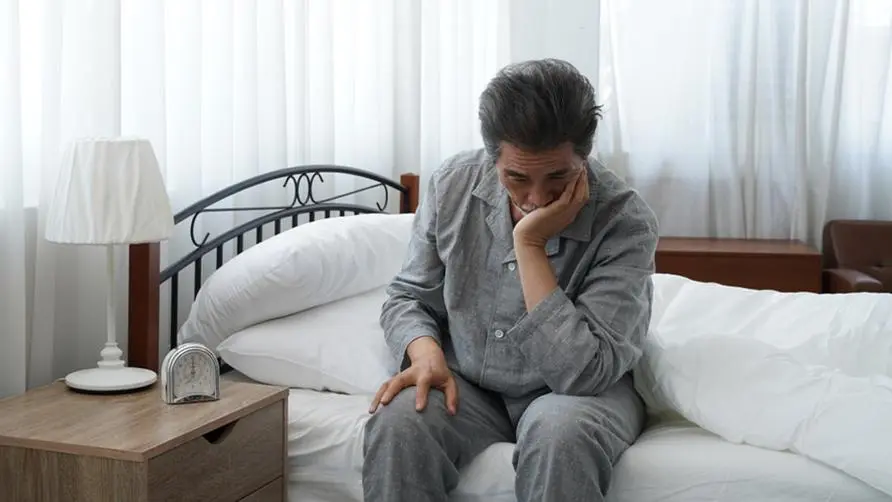
Symptomatic treatment reduces the frequency of nocturia from 4 times to 1 time
72-year-old Mr. Lin suffers from high blood pressure, hyperlipidemia, prostate hypertrophy and other problems. Although he undergoes regular follow-up treatment at the cardiology and urology departments, he still suffers from frequent nocturia and poor mental health during the day. Later, due to nocturia and snoring, he was referred to the Keelung Chang Gung Memorial Sleep Clinic for a sleep examination. It was found that Mr. Lin suffered from severe obstructive sleep apnea (the apnea-hypopnea index AHI was 34.4 times per hour), and his blood oxygen level dropped to the lowest level. 76%. After treatment with a positive pressure respirator (CPAP), the patient’s number of nocturia was reduced from four times to only once a night. The patient’s number of nocturia was significantly reduced, which directly improved the patient’s mental state and vitality during the day.
Nearly 50% of patients with obstructive sleep apnea have symptoms of nocturia
Dr. Yu Zhongjie, director of the Department of Thoracic Medicine at Keelung Chang Gung Memorial Hospital, said that the cause of obstructive sleep apnea is obstruction of the upper airway, which causes intermittent hypoxemia in patients. It not only affects the depth and duration of sleep, but also activates the sympathetic nervous system, Increases the secretion of the diuretic hormone atrial diuretic peptide and inhibits the secretion of antidiuretic hormone, causing an increase in the frequency of nighttime urination. Some studies have shown that AHI is an independent predictor of nighttime urination frequency and is directly proportional to the severity of the disease.
One of the current standard treatments for obstructive sleep apnea is the continuous use of positive airway pressure (CPAP) therapy. Studies have shown that patients receiving CPAP therapy reduce the frequency of nocturia by an average of 2.28 times. After CPAP unblocks the blocked airway, the improvement is low. blood oxygen status, and also effectively alleviated the symptoms of nocturia.
Nocturia not only seriously affects the quality of life but can even lead to stroke and myocardial infarction.
Director Yu further pointed out that research shows that more than 70% of the elderly over the age of 65 have symptoms of nocturia, and more than 80% of the elderly over the age of 80 urinate more than three times a night. Nocturia may be caused by a variety of diseases, such as inflammation, benign prostatic hyperplasia, overactive bladder, neurogenic dysfunction, sleep disorders, obstructive sleep apnea, etc. It is recommended that people with nocturia should seek medical treatment as soon as possible and provide symptomatic diagnosis and treatment. regain health.
Nocturia not only seriously increases daytime fatigue and reduces the quality of life, but getting up at night can even easily lead to serious health problems such as falls, stroke, myocardial infarction, etc. for the elderly. There are also reports that people who urinate more than three times at night are more likely to get sick than people who urinate less than three times at night. These effects cannot be ignored.
Colin’s sleep technician Hong Xiaojing said that men over the age of 50 are at high risk for sleep apnea if they have nocturia, snoring, poor daytime energy, obesity, and high blood pressure. If people have concerns about their health or sleep quality, it is recommended to seek medical treatment as soon as possible and arrange a sleep test to understand their health status!
Extended reading: Half of middle-aged men suffer from “prostatic hypertrophy”? Medical reminder: Failure to treat in time may damage male virility

